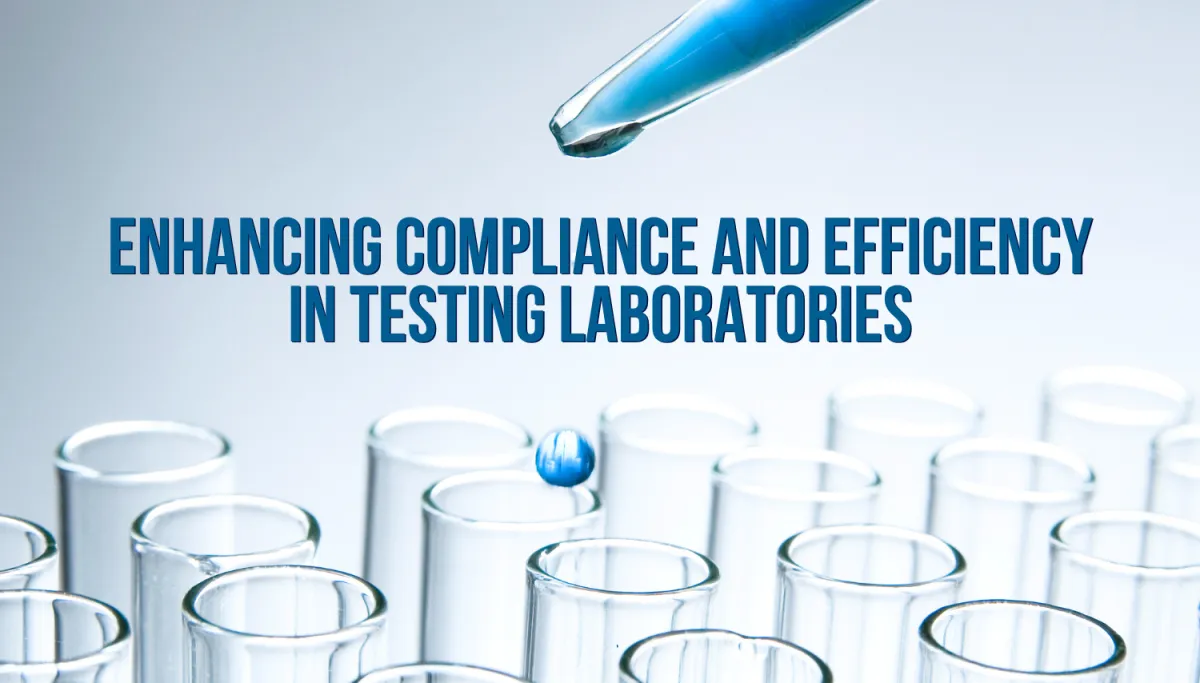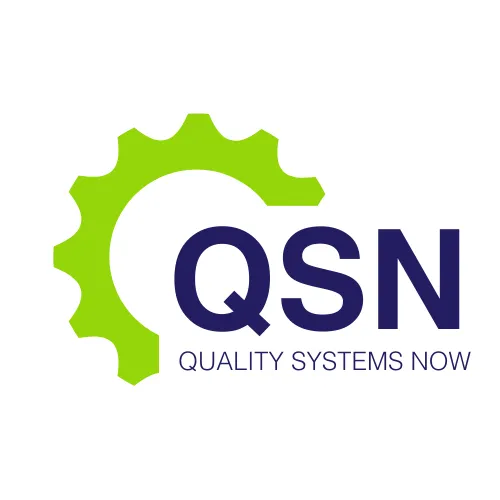NEWS

Enhancing Compliance and Efficiency in Testing Laboratories
Testing laboratories play a critical role in the lifecycle of therapeutic goods, biotechnology products, and clinical materials. Accurate and reliable laboratory results underpin regulatory submissions, product approvals, and patient safety. In this context, Good Manufacturing Practice (GMP) and regulatory compliance are not optional—they are essential frameworks for ensuring reproducibility, traceability, and quality assurance.
QSN Academy, the educational arm of Quality Systems Now, specialises in mentoring programs for key personnel in testing laboratories. These programs are designed to bridge the gap between theoretical understanding of GMP principles and their practical application in laboratory operations. By investing in mentoring, laboratories enhance operational efficiency, strengthen regulatory readiness, and foster a culture of quality.
The Role of Testing Laboratories in Regulatory Compliance
Testing laboratories are responsible for generating data that supports the safety, quality, and efficacy of therapeutic products. Regulatory bodies, including the Therapeutic Goods Administration (TGA), require that laboratory operations adhere to validated procedures and documented standards.
Compliance in this context encompasses several critical areas:
Method Validation: Ensuring that analytical methods produce accurate, precise, and reproducible results.
Equipment Qualification: Verifying that instruments perform consistently within defined parameters.
Documentation Practices: Maintaining complete and traceable records of all laboratory activities.
Personnel Competence: Ensuring that staff understand and can implement procedures correctly.
Deviation Management: Identifying, investigating, and resolving discrepancies in testing results.
Mentoring addresses these areas by equipping key personnel with the knowledge and skills to implement GMP effectively, thereby reducing errors, mitigating regulatory risk, and increasing laboratory credibility.
Scientific Rationale for Mentoring in Laboratories
Laboratory operations are inherently technical, and small deviations can have significant consequences. Adult learning theory and experiential education principles suggest that hands-on, guided training is more effective than theoretical instruction alone. Mentoring provides a structured environment where laboratory staff can observe, practice, and refine compliance-related activities under the supervision of experienced GMP specialists.
From a scientific perspective, mentoring in laboratories enhances the reproducibility and reliability of experimental outcomes. Key personnel learn to:
Identify sources of variability in assays and analytical methods.
Apply risk-based decision-making to manage deviations.
Ensure that laboratory data meets regulatory expectations for accuracy and integrity.
This approach aligns with the core principles of GMP, which emphasise control, traceability, and consistency across all operations.
Key Components of GMP Mentoring for Laboratories
QSN Academy’s mentoring programs for testing laboratories focus on several essential components:
Method Implementation and Validation: Mentors guide personnel in executing validated methods consistently, interpreting results accurately, and documenting findings comprehensively.
Deviation and CAPA Management: Mentoring provides frameworks for identifying non-conformances, performing root cause analyses, and implementing corrective and preventive actions.
Audit Preparedness: Laboratory staff participate in simulated audits and real-time evaluations, learning to respond effectively to regulatory inspections and internal reviews.
Risk Management: Personnel are trained to identify potential risks to data integrity and product quality and to implement preventive measures.
Documentation and Record Keeping: Mentoring ensures that all laboratory activities are recorded systematically, supporting traceability and regulatory review.
These components work synergistically to build technical competence, regulatory awareness, and a culture of accountability within the laboratory environment.
Benefits of Mentoring for Testing Laboratories
Mentoring delivers tangible operational and strategic benefits for laboratories:
Increased Data Reliability: Mentored staff produce accurate and reproducible analytical results, which are critical for regulatory submissions and product approvals.
Reduced Compliance Failures: Effective mentoring reduces the incidence of deviations, non-conformances, and audit observations.
Improved Efficiency: Personnel can perform laboratory tasks confidently and correctly, reducing the need for repeat testing and investigation of errors.
Enhanced Regulatory Readiness: Laboratories with mentored key personnel are better prepared for inspections and can respond to regulatory queries more effectively.
Knowledge Retention and Succession Planning: Mentoring ensures that expertise is embedded within the laboratory, reducing reliance on individual knowledge holders and supporting continuity during staff transitions.
From a scientific standpoint, these benefits reflect improved control of experimental variables, higher reproducibility of results, and enhanced compliance with regulatory frameworks.
Integrating Mentoring into Laboratory Operations
For mentoring to be effective, it must be integrated into the laboratory’s operational and quality management frameworks. This includes:
Scheduling mentoring sessions alongside routine laboratory activities.
Linking mentoring objectives to SOPs, validation protocols, and audit schedules.
Using performance metrics to evaluate progress and identify areas for improvement.
Encouraging a culture of continuous learning and quality improvement.
By embedding mentoring into daily operations, laboratories can ensure that GMP compliance becomes an intrinsic part of the organisational culture rather than a periodic or reactive activity.
Conclusion
Testing laboratories are central to the development, approval, and commercialisation of therapeutic goods and biotechnology products. Mentoring key personnel in GMP regulatory compliance provides laboratories with the knowledge, skills, and confidence needed to maintain high-quality operations, generate reliable data, and meet regulatory expectations.
QSN Academy’s structured mentoring programs enable laboratories to translate theoretical GMP knowledge into practical, reproducible outcomes. By fostering a culture of quality, ensuring regulatory readiness, and reducing operational risk, mentoring becomes a strategic tool for laboratory excellence.
Investing in mentoring is not simply an educational activity; it is a long-term strategy that enhances laboratory credibility, supports successful regulatory interactions, and ensures sustainable operational performance.
